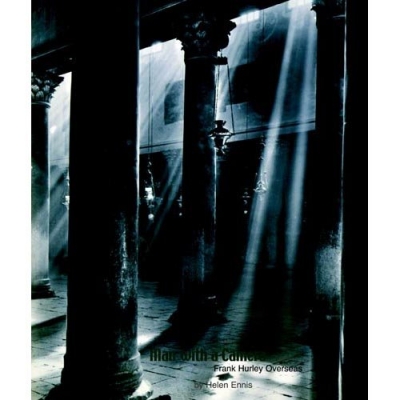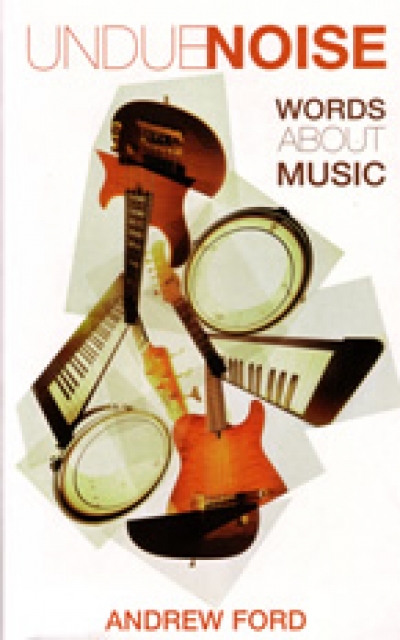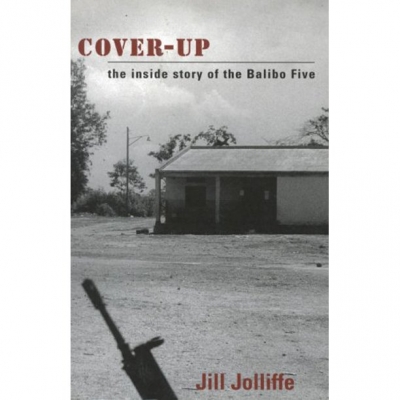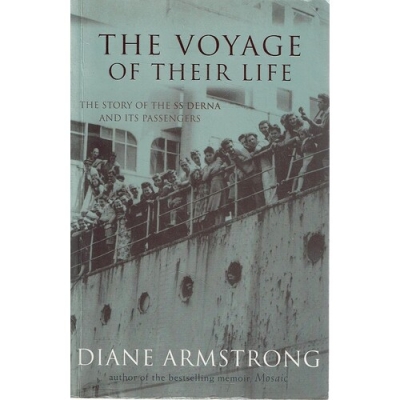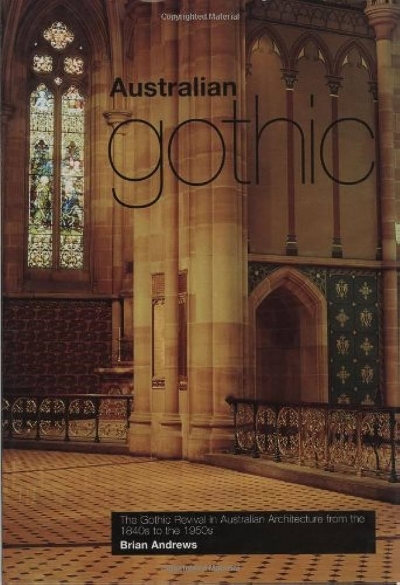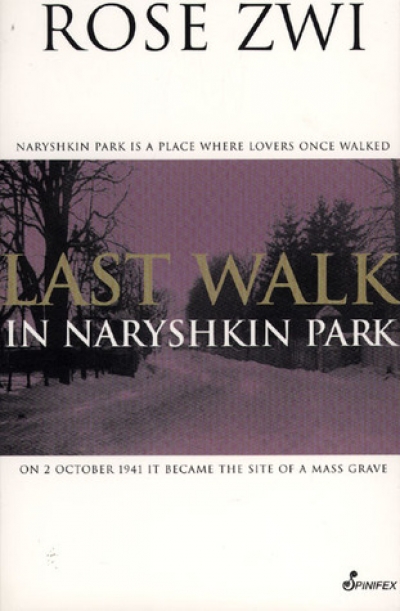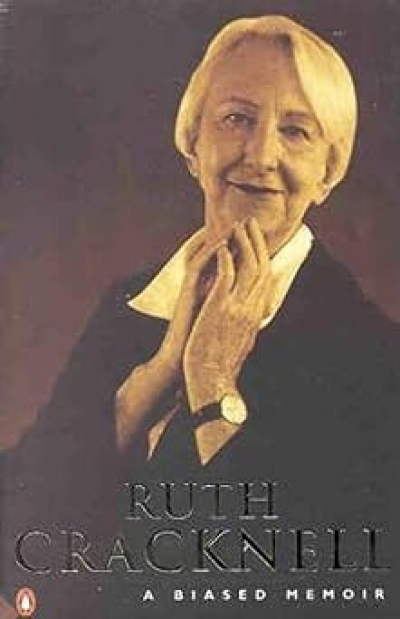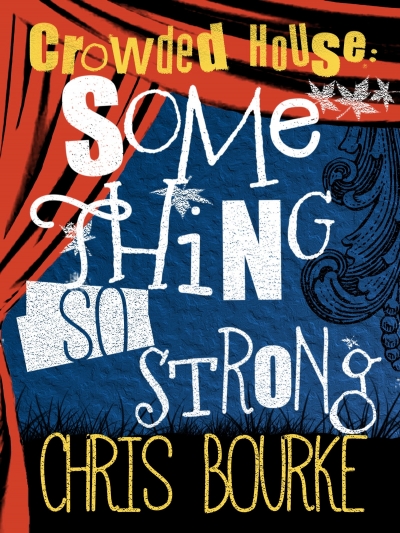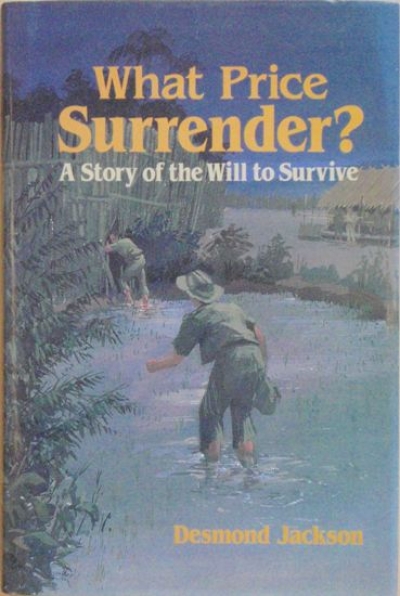NonFiction
Cover-Up: The inside story of the Balibo Five by Jill Jolliffe
by Jill Jolliffe •
The Voyage of Their Life: The Story of the SS Derna and Its Passengers by Diane Armstrong
by Doris Brett •
Australian Gothic: the Gothic revival in Australian architecture from the 1840s to the 1950s by Brian Andrews
by Miles Lewis •
Intellectuals and Publics: Essays on Cultural Theory and Practice edited by Paolo Bartolini, Karen Lynch, and Shane Kendal
by Michael McGirr •
What Price Surrender?: A story of the will to survive by Desmond Jackson
by Stephen Matchett •

